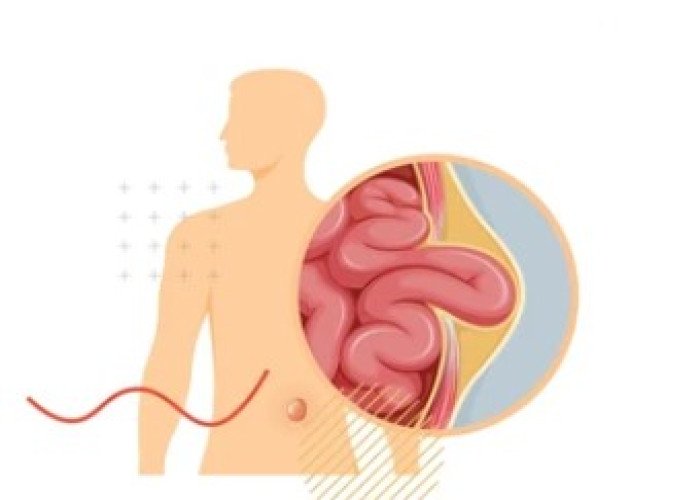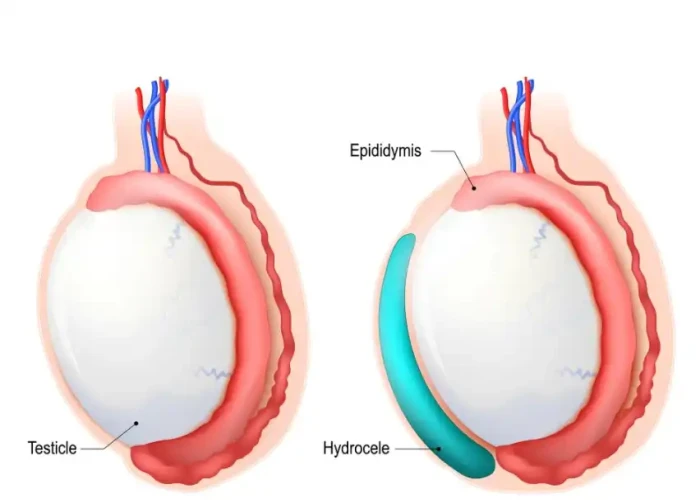 Welcome
Welcome
“May all be happy, may all be healed, may all be at peace and may no one ever suffer."
- A
- B
- C
- D
- E
- F
- G
- H
- I
- J
- K
- L
- M
- N
- O
- P
- Q
- R
- S
- T
- U
- V
- W
- X
- Y
- Z
Constipation - Yoga remedies
Constipation is a common digestive issue that refers to infrequent bowel movements or difficulty passing stools. It is typically defined as having fewer than three bowel movements per week.
Common causes of constipation include a low-fiber diet, dehydration, lack of physical activity, certain medications, and certain medical conditions such as irritable bowel syndrome (IBS) and hypothyroidism.
Symptoms of constipation may include straining during bowel movements, feeling like you can't completely empty your bowels, abdominal discomfort or pain, and bloating.
Treatment for constipation usually involves lifestyle changes, such as increasing fiber intake through foods such as fruits, vegetables, and whole grains, drinking plenty of fluids, and getting regular exercise. Over-the-counter laxatives, stool softeners, and enemas may also be used in some cases.
It is important to see a healthcare professional if constipation persists for more than a few days, is accompanied by severe pain or bleeding, or if you have a sudden change in bowel habits, as this could be a sign of a more serious underlying condition.

Intestinal muscle weaknes...

Neuralgia

Ripe hair and beard

Low blood pressure

Black fever

Hydrocele

Itching

Digestive system is weak
Constipation, কোষ্ঠকাঠিন্য
To be happy, beautiful, healthy, wealthy, hale and long-lived stay with DM3S.

















